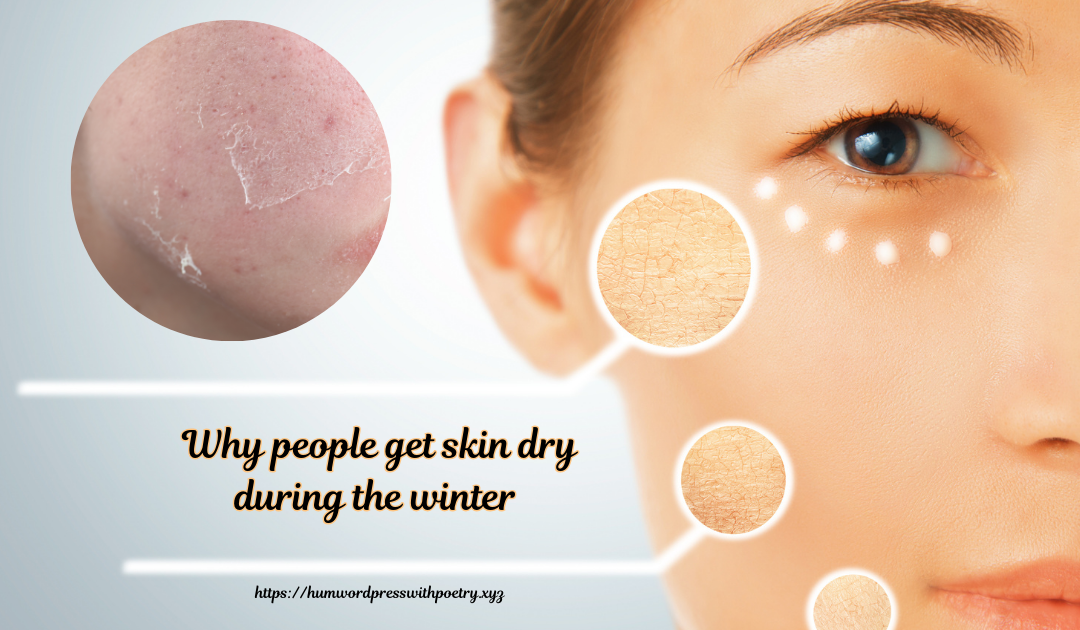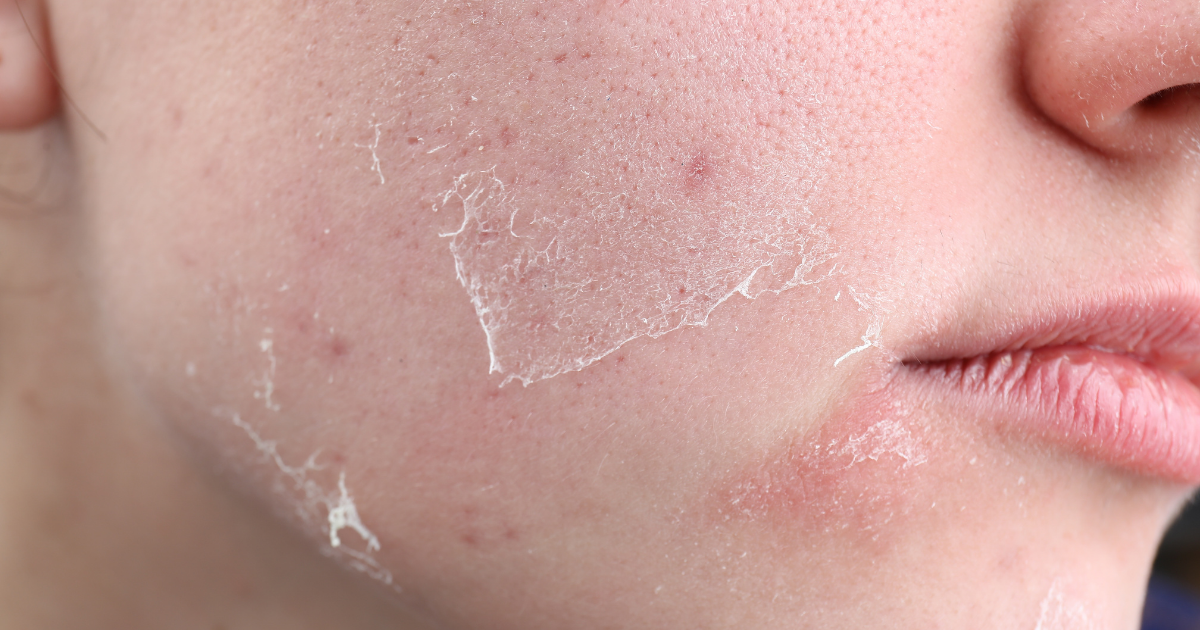Why people get skin dry during the winter
Winter is the sweater weather, hot chocolate drink, and picturesque snowy environment, while the winter also showers dry skin problems. Most people have experienced some drama in the texture of the skin, be it rough, flaky, or itchy during winter and wondered why that would be the case. Knowing the reasons why people get skin dry during the winter will enable one to handle his skin properly during the cold season.
Why does the Skin tighten and become Dry during the Winter?
Winter dry skin is a result of both external and internal factors including the protective barrier of your skin. Here now is a breakdown of the main culprits of how winter affects the skin.
Why people get skin dry during the winter
1. Low Humidity Levels
Winter air has continually been said to be dry because coldness retains little moisture in the air as compared to warm air. This means that the humidity is very low making the air to sap moisture from your skin hence leaving it feeling rough and tight. Heating the indoors, especially using the central heating system, dries the remainder of the moisture off the air.
2. Harsh Winds
The cold and bitter wind can dry out skin and make it itch or chap, as well as diminish skin’s inherent ability to retain moisture. This is especially the case if you’re sections of your body such as the face and the hands that are more sensitive to the climatic conditions of the weather.
3. Hot Showers and Baths
While taking a hot shower is such a comfort during cold months, it is unhealthy to our skin because it removes all the natural oils in our skin. These are oils that create a barrier that helps to retain moisture, and when they are shed, skin will definitely suffer dryness and irritations.
4. Reduced Oil Production
In winter, your skin productivity of sebum, the natural oil that is necessary to retain on the skin surface, reduces. Without this protective oil, your skin becomes dry and flaky because it loses its ability to retain moisture faster when the oil layer is missing.
5. Layering of Clothes
If you are wearing many clothes especially if they are made from wool or some synthetic material then you are likely to have skin problems. It is because such fabrics make skin rub frequently, this results in skin dryness, itching and rashes.
Is There Anyone More Subject to Winter Dry Skin?
Dry skin is characterized by the skin becoming scaly during winter, and with this affect anyone at any age, gender, and race is prone to it although some groups are more vulnerable to it. These include:
Individuals with Sensitive Skin
They are more reactive to change and transitional climates such as dry weather or low temperatures affect the skin.This entry shares with you the common symptoms that are often associated with winter dry skin.In this Article”Why people get skin dry during the winter”Winter dryness can take on a number of forms and symptoms depending on the level of dryness and type of your skin. Common symptoms include.
Why people get skin dry during the winter
Flaky or scaly skin
- Tautness especially when the skin is washed
- Redness and irritation
- Cracks or peeling
- Itching, sometimes severe
In extreme cases it becomes worse to painful cracks, bleeding or even infections if the skin becomes dry without being treated.
This article will attempt to provide useful tips on how to avoid this skin problem during winter.
The good news, though, which most men do not know is that dry skin is not a problem which cannot be solved this winter.
Here are some practical tips to keep your skin hydrated and healthy all season long
1. Use a Humidifier
Bowing to a humidifier will assist in replacing the moisture in the air which has been taken by indoor heating. Place your humidifier in your bedroom or anywhere that you spend much of your time to make sure the humidity levels are within the range of 40- 60%.
2. Moisturize Regularly
Use lotion in the summer and switch to a heavier, oil-base in the winter. It is used right after shower and done to effect closure to healing and sealing of the skin.
3. Avoid Overheating
It is advised that indoor temperatures should not be too high so that the air does not get much drier. While it may seem to make sense to turn up the heat, overheating robs your skin of moisture.
4. Limit Hot Showers
Showering and bathing should be done with water that is not too hot; between 10-20 minute duration but preferably for 5-10 minutes. Water that is too hot washes away all the oils on your skin leading to additional dryness.
5. Protect Your Skin Outdoors
Protect Your Skin Outdoors during the winter
A hat and gloves as well as scarves should be worn since they prevent skin exposure to the strong winds. Accessorize your petal soft lips with a matching lip balm which does not only have moisturizers but also carry a lip balm with SPF even in the cold weather UV rays are fatal.
6. Stay Hydrated
The skin will also be moisturized from inside since drinking so many fluids keeps the skin fresh. To increase your water intake of these, take a number of effective means, such as the liberalism of foods such as cucumbers, oranges, and watermelon.
7. Avoid Harsh Cleansers
Choose mild, unscented products to wash your skin with since your skin does not have to be washed with extremely harsh soaps to get clean. If you are suffering from dry skin conditions, then kindly avoid those products which have alcohol or those scrubs which have a very harsh component in it.
When to See a Dermatologist
However, if your dry skin does not get relieved even when you adhere to the correct skincare regimen, you might look for help from a derm. Symptoms such as very dry skin, extremely rough skin or skin which is painful to the touch might be an indication of skin disease that needs a doctor.


